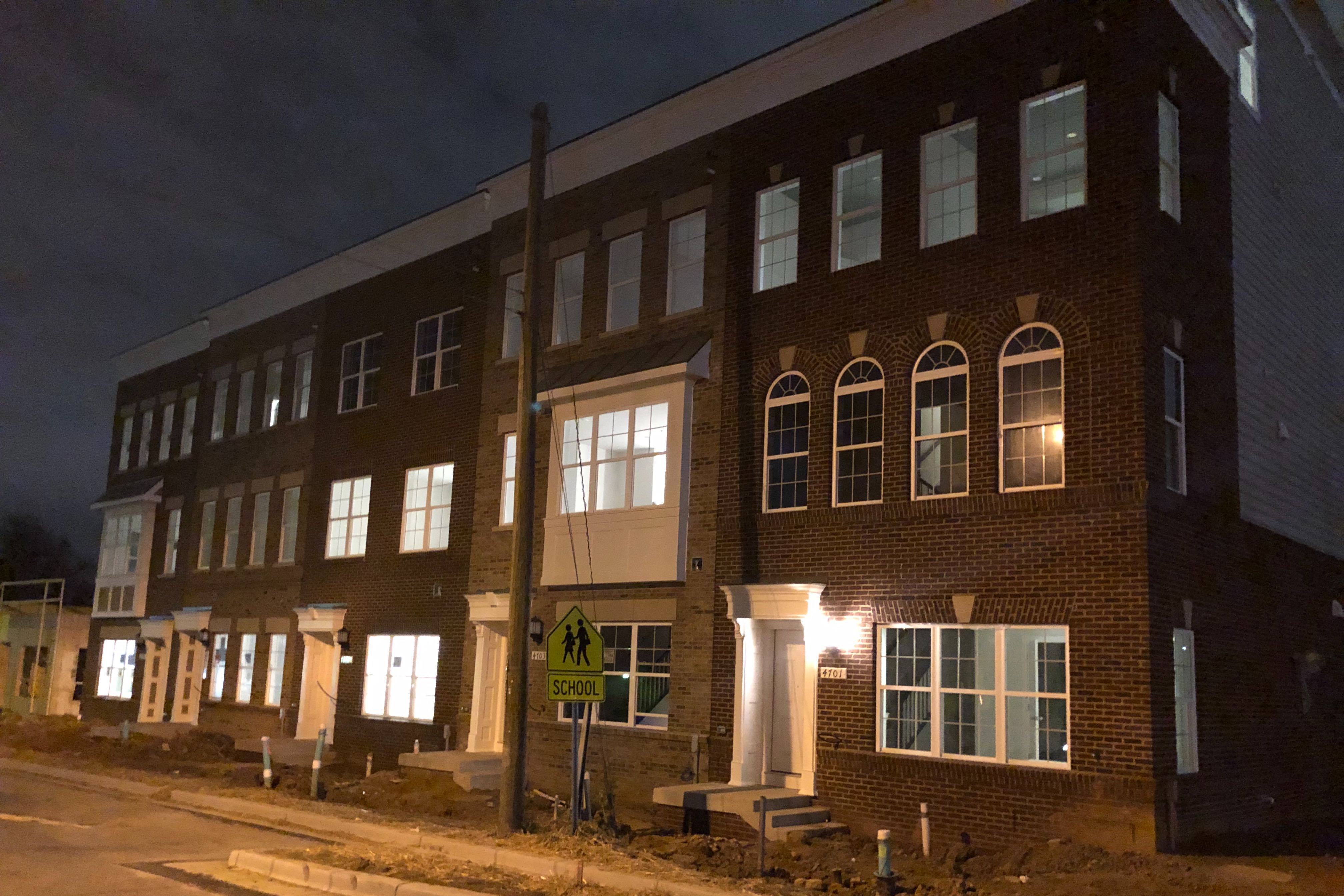Views expressed in opinion columns are the author’s own.
The 1st of the month always presents a choice, though we usually choose to ignore it: Will I pay rent? Do I think my landlord has earned my money? With record unemployment filings across the country two weeks ago, an unfortunately skimpy stimulus bill and a temporary ban on evictions in some areas, the risk to reward ratio of paying landlords may be changing. Renters across the country have been calling for a rent strike, asking how they can pay bills with money they don’t have and why they should pay for amenities they have lost.
Tenants deserve protection and mercy while dealing with the coronavirus pandemic. But they also deserve it once the emergency is over. A rent strike is an organized action which can help bring about better living conditions or lower rent and changes in our current paradigm of power, which forces people to pay a premium for shelter. But these changes will not have lasting impact if the community does not come together and create networks of support, funding and strategy.
A rent strike is not just a refusal to pay at the start of the month. If it were, landlords would reestablish normalcy by evicting strikers once the moratorium lifts. Coronavirus will not subside for many months yet, and a loss of housing is a public health issue in of itself. An individual renter needs their community for protection as much as they need power, and the community can also advocate for the public good.
Additionally, housing codes vary on the county scale. The issues individual renters face won’t be fixed without specificity and basis in existing standards. The legal fights that renters may eventually enter will be based in local laws. That’s why tenant organizing has to be a grassroots effort — people will only join because of common need, and it will only be sustained if help is close to home.
Tenant unions exist as one kind of structure that brings together renters and collectively advocates for better conditions. Washington, D.C., started its first tenant union about half a year ago to expand the city’s rent control law. Last month, a councilmember pledged to introduce the union’s bill. Clarity of purpose and sustained action makes for successful movements. Activists need to take advantage of the new interest in pushing back against landlords, and tenants need to support these existing structures if they’re serious about change.
But what about areas lacking existing resources? College Park is so plainly hostile toward its most vulnerable renters. Houses are old, outdated zoning laws restrict denser housing and rent stabilization was killed in 2014. Many of us are now ousted from our residences around the university and have also been encouraged to leave off-campus housing.
Bad landlords should be held accountable for their wrongs. Maybe the same students won’t always be around to fight them, but there should be a community movement that’s building lasting resources against them. Clear action plans should be made among community members — this movement must include more permanent residents as well — whether that starts in a public forum, a new tenants union or as new life for the cooperative movement in this city. Most importantly, this movement needs to be documented as a resource for the next group battling for tenant rights.
Bad landlords also include the University of Maryland, with its dilapidated dorms, its mid-semester eviction of tenants with lack of opportunity to get their stuff, and exorbitant rent. Students need to be refunded for services they are no longer getting. They should make noise, petition and look for collective legal recourse — with such clear goals, it’s a winnable fight.
The disruption of the coronavirus should be used as an opportunity for radical response against inequity. The temporary protection against eviction by the law creates an opportunity to renegotiate power structures and win major battles for tenant rights which have been going on for decades. But for this change to last, to see real shifts in power, action cannot stop with a missed payment. Don’t be docile in your demands.
Hadron Chaudhary, opinion editor, is a senior English and geology major. They can be reached at chauds@umd.edu.



